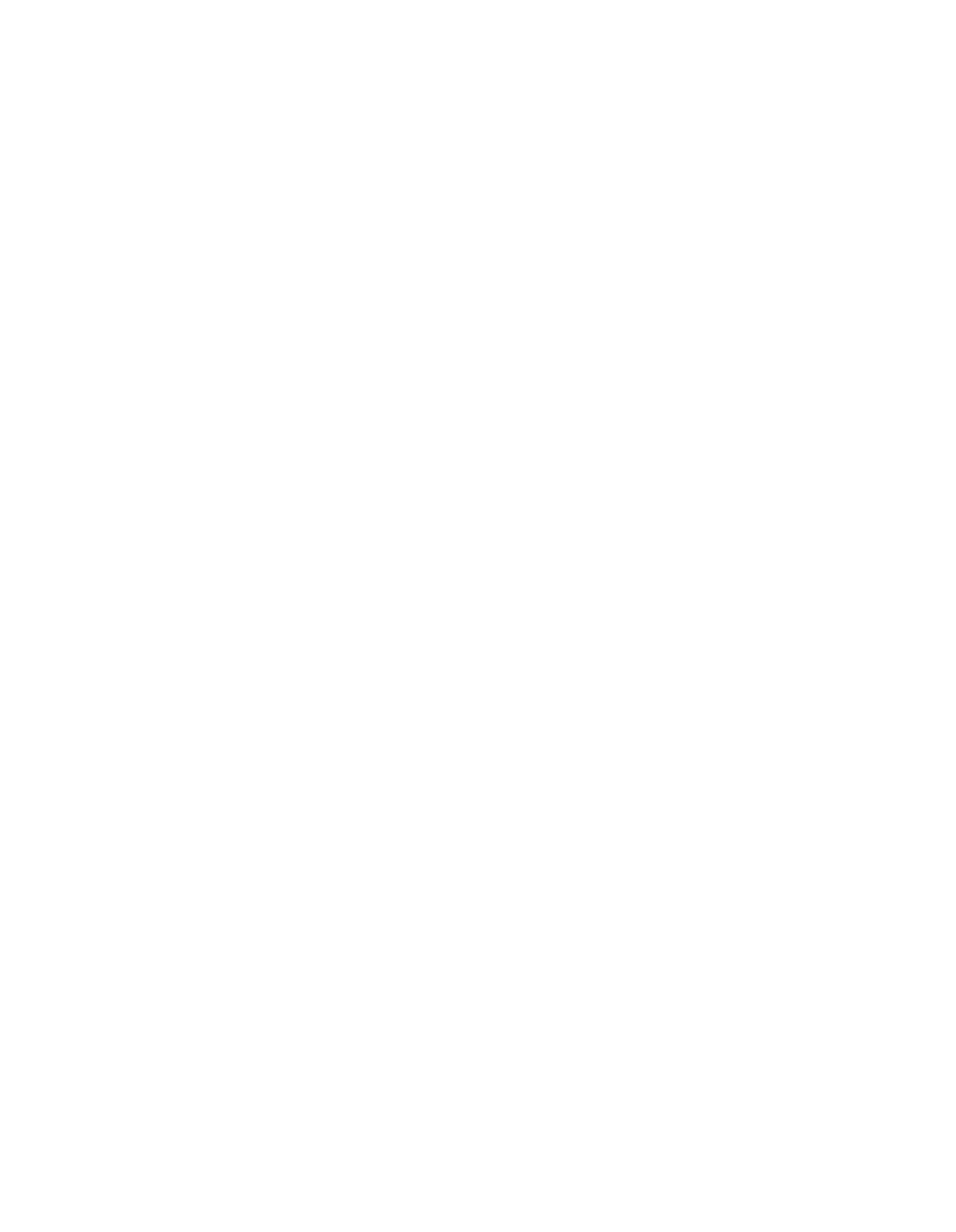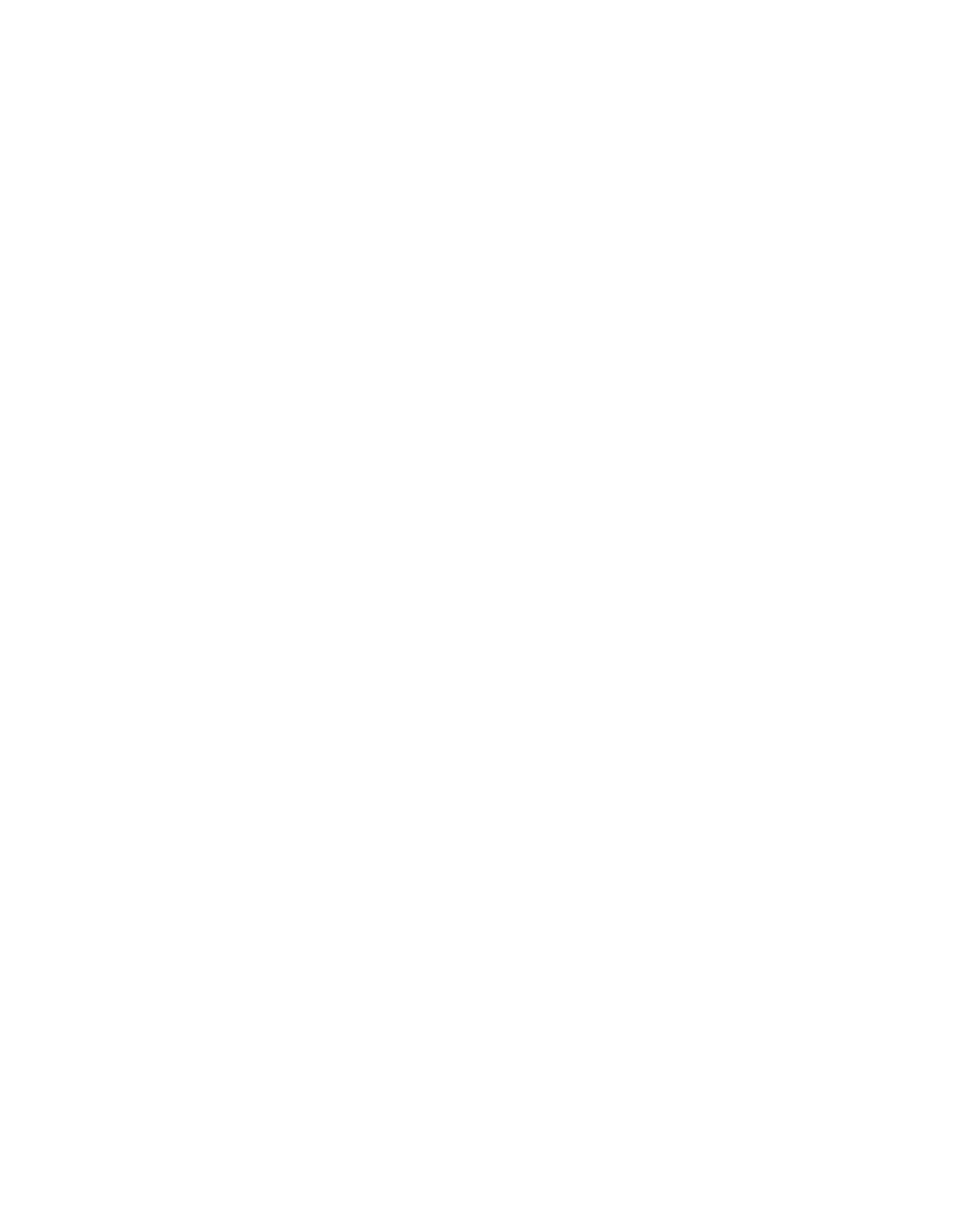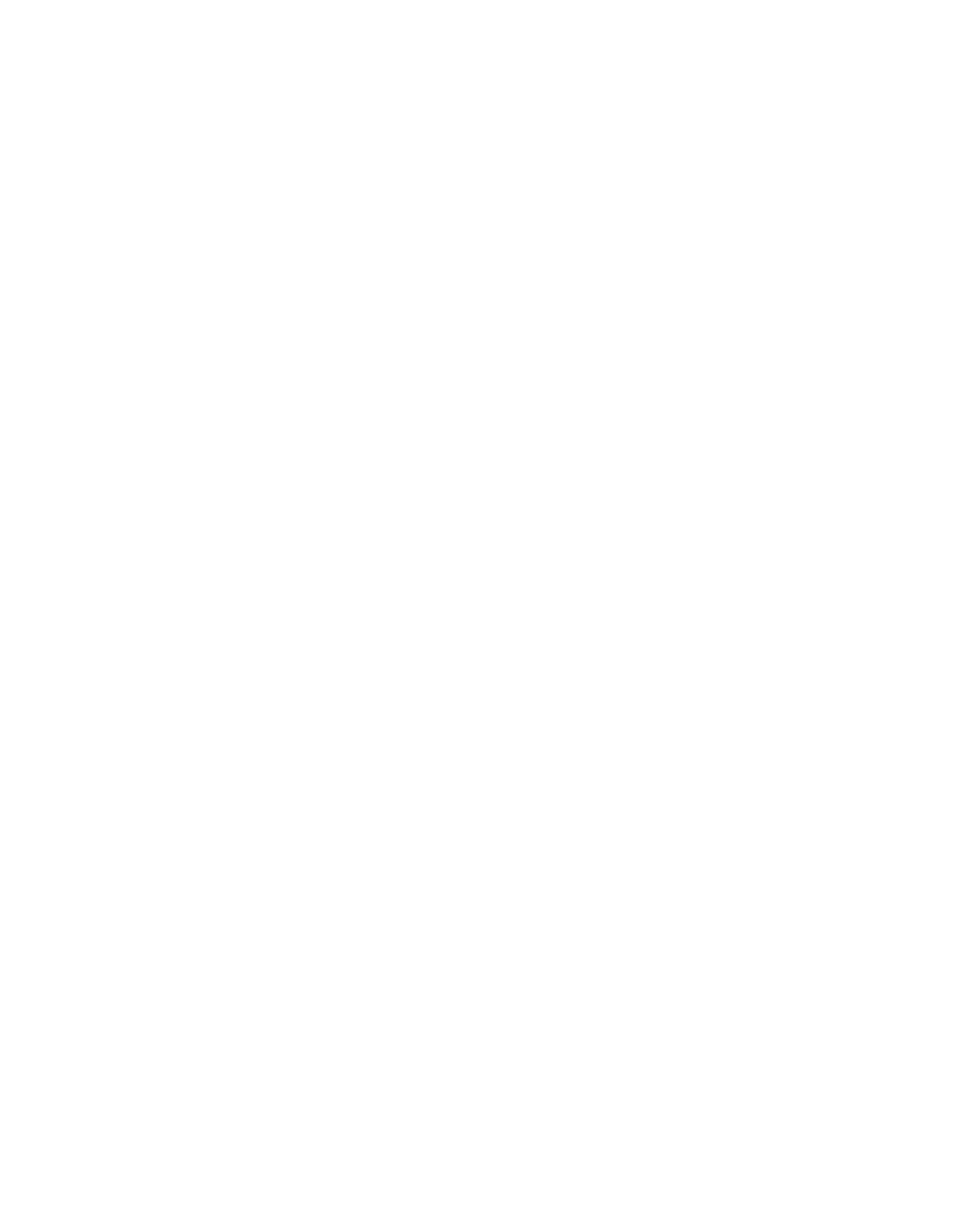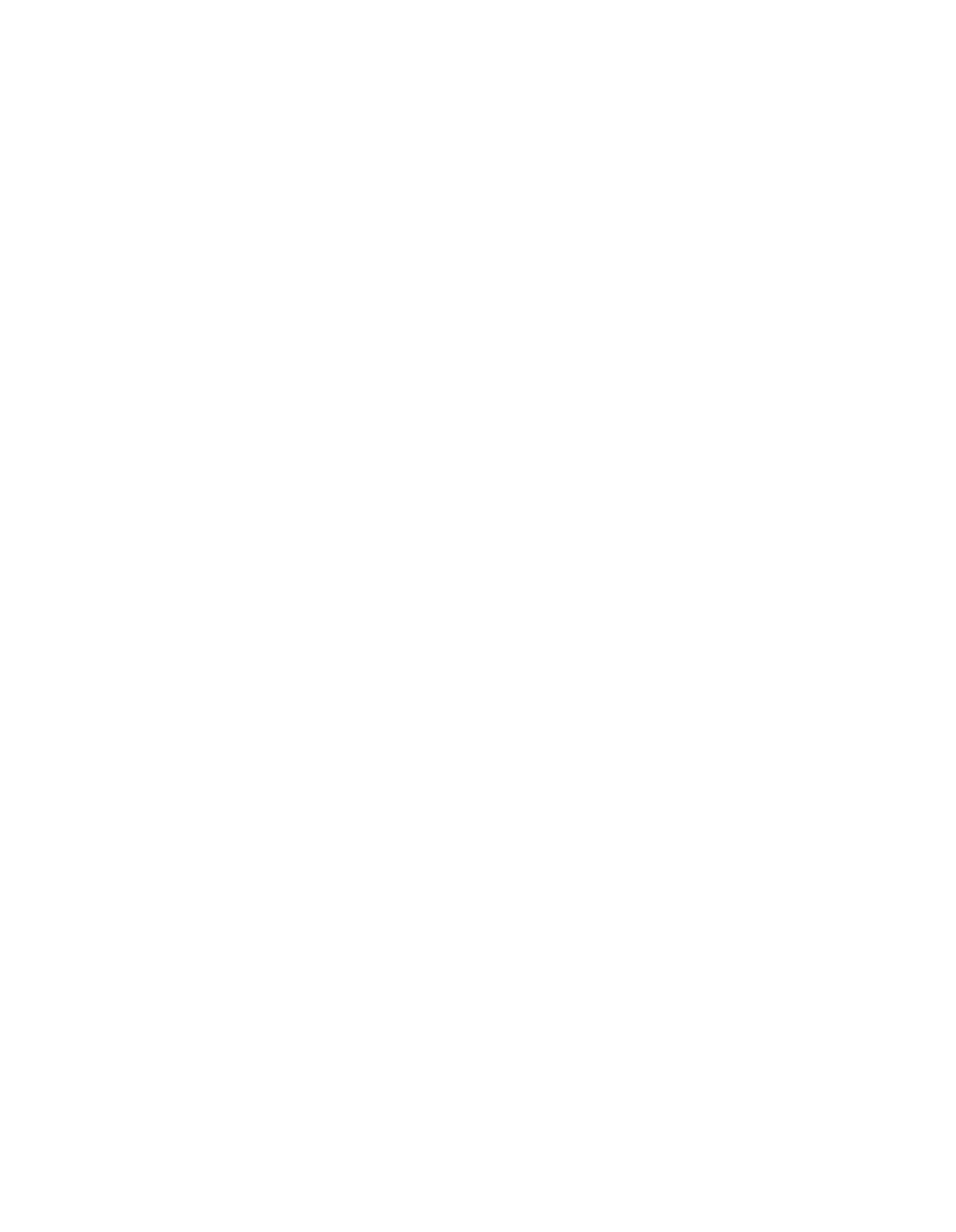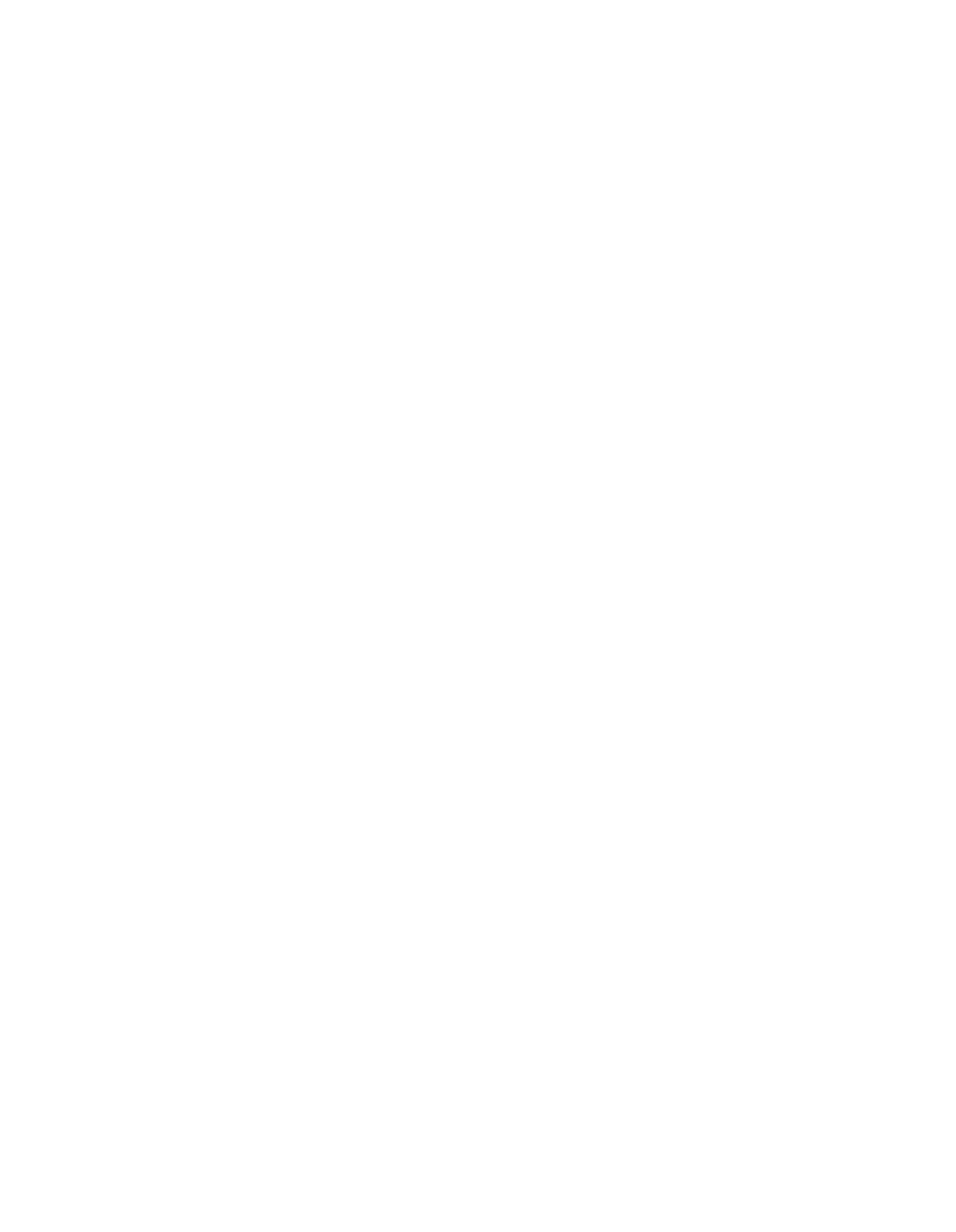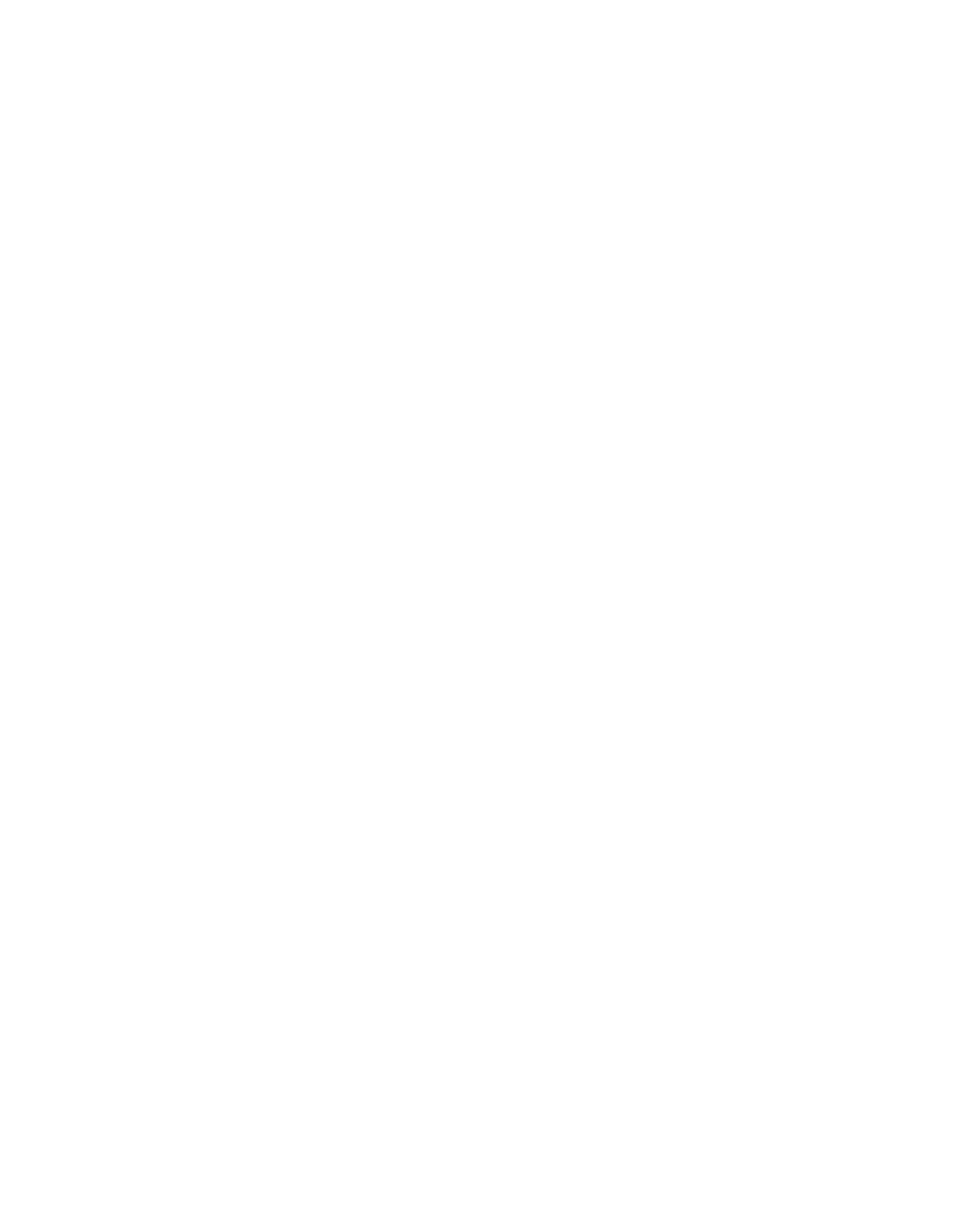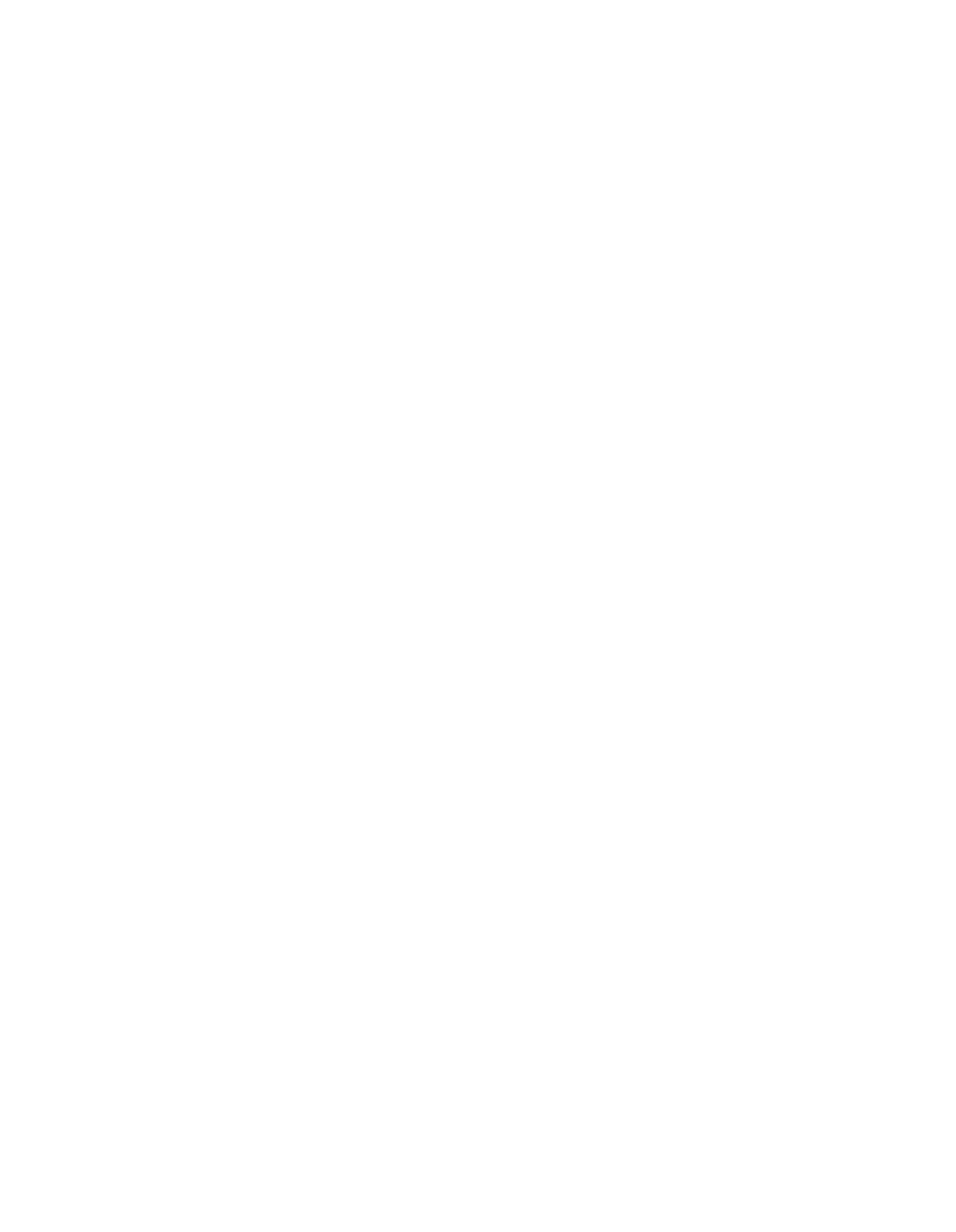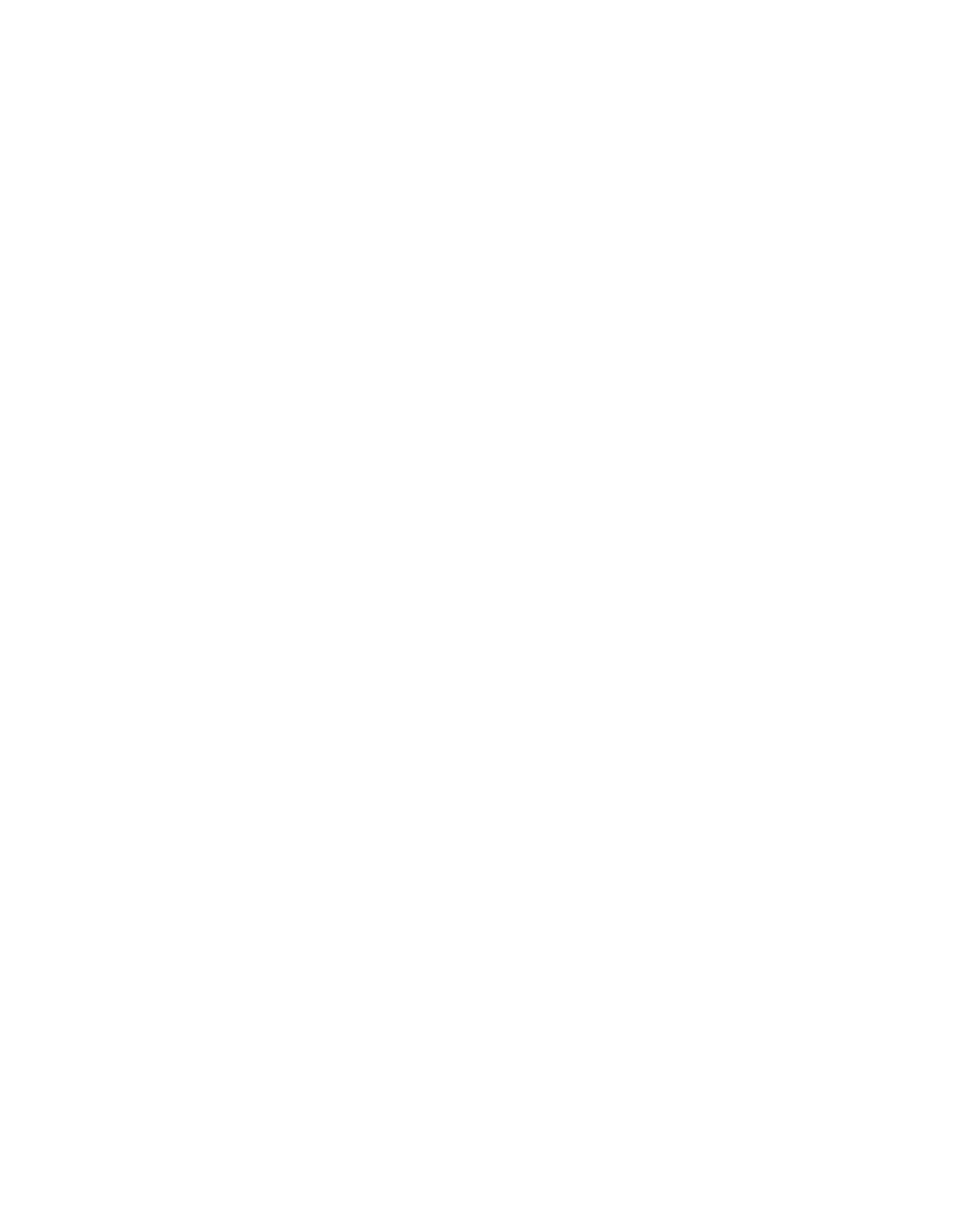RECE~vE~
CLERK’S OFFICE
BEFORE THE ILLINOIS POLLUTION CONTROL BOARD
MAY
192004
PollutionSTATE
OFControlILLINOiSBoard
iN THE MATTER OF:
)
)
PROPOSED AMENDMENTS TO:
)
R04-22
REGULATION PETROLEUM LEAKING
)
(Rulemaking
-
UST)
UNDERGROUND STORAGE TANKS
)
35
ILL. ADM. CODE 732
)
IN THE MATTER OF:
)
)
PROPOSED AMENDMENTS TO:
)
R04-23
REGULATION PETROLEUM LEAKiNG
)
(Rulemaking
—
UST)
UNDERGROUND STORAGE TANKS
)
Consolidated
35 ILL. ADM. CODE 734
)
RESPONSE OF PROFESSIONALS OF ILLINOIS FOR THE PROTECTION OF THE
ENVIRONMENT (PIPE)TO THE ILLINOIS ENVIRONMENTAL PROTECTION AGENCY’S
AMENDED MOTION FOR EMERGENCY RULES
Now comes the Professionals ofIllinois for the Protection of the Environment (PIPE) by
and through its attorney, CLAIRE A. MANNING, and responds to the Illinois Environmental
Protection Agency’s Amended Motion for Emergency Rules, as follows.
Background
On April 19, 2004, the Illinois Environmental Protection Agency (JEPA) filed a Motion
for the Adoption ofEmergency Rules. Various objections were filed to that rulemaking,
including an objection filed by PIPE on May 3, 2004 and objections filed by two ofits members,
CW3M and USI, on April 19, 2004 and May 3, 2004 respectively. Since those objections were
filed, PIPE and its members have met with the IEPA on several occasions, in an attempt to
ascertain mutual concerns regarding the entirety ofthis rulemaking and, in particular, the IEPA’s
desire for emergency rules while this rulemaking runs its course through the required public
proceedings.
‘tinted on Recycled
Paper
in Accordance with 35 III. Adrn, Code 1W .202 and 11)1. 302(g)
In light of those meetings, the IEPA has withdrawn its request that the Board adopt, in
emergency fashion, its proposed modifications to Part 732 and its proposed new Part 734.
Instead, it now requests that the Board amend current Section 732.505 by adding, in emergency
fashion, a new subsection: Section 732.505(d). That new subsection will provide the IEPA with
the regulatory framework it asserts that it needs in order to apply a standard method ofreviewing
budgets, corrective action plans and requests for reimbursement while its more expansive
rulemaking proposal is being publicly heard and considered by the Illinois Pollution Control
Board (Board). Accordingly, PIPE withdraws its objection to emergency rulemaking, and
supports the proposed Section
732.505(d).
The individual PIPE members who also filed
objections, CW3M and USI, are also expected to withdraw their objections and offer their
support to this new proposed emergencyrule.
Previously, the Illinois Environmental Protection Agency argued that an emergency rule
was necessitated because ofthe Board’s decision in
Illinois Ayers Oil Company v. Illinois
Environmental Protection Agency (“Ayers’),
PCB 03-214 (April 1, 2004). While PIPE does
not agree that the Ayers decision, in and ofitself, justifies emergency rulemaking pursuant to the
APA, it does agree that, given the IEPA’s response to
Ayers,
as well the chaos which has resulted
from the UST unit’s inability to utilize the improperly promulgated rate sheet, a situation
justifying the proposed limited emergency rule now exists.
Proposed Emergency Rule: Section 732.505(d)
The proposed emergency rule will allow the IEPA to utilize a standard method of
reviewing claims while their proposed rules are being heard and considered by the Board.
Specifically, the rule simply adds a new subsection (d) to current Section 732.505, which is
entitled “Standard for Review of Plans or Reports.” The new subsection would provide:
2
Printed on Recycled Paper in Accordance with 35 III. Adm. Code 101.202 and 101. 302(g)
o That for all budgets, corrective action plans, amendments and applications that were
received prior to the effective date ofthe emergency rule, but are still subject to IEPA
review, the IEPA’s approval will be based upon the certification ofthe licensed
professional engineer (LPE) or licensed professional geologist (LPG).
Section
732.505(d)(1)
o That for all budgets and corrective action plans that have been approved pursuant to
Section 732.505, the IEPA shall approve as reasonable all costs that are contained
•therein, without further review or modification.
Section 732.505 (d)(1)
o That for all budgets, plans, amendments and applications for payment that were
received by the IEPA after the effective date ofthe emergency rule (except for
applications for payment ofcosts that are contained in an approved budget or plan),
so long as the costs are consistent with emergency Appendix D and E, the IEPA will
presume them to be reasonable.
Section 732.505(d) (2)(A); Appendix D, “Allowable
Unit Rates;” andAppendix E, “Personnel Titles and Rates.”
o That, for items not contained in Appendix D and E, costs that are consistent with the
standard industry RS Means publications, will be presumed to be reasonable.
Section
732.505(d)(2)(B)
o That for costs that are not identified in Appendix D orE and cannot be determined
utilizing the RS Means publications, costs justified by objective evidence such as
catalogue or vendor information will be presumed to be reasonable.
Section
732.505(d) (2)(C)
o That the LPE and LPG will certify, on a form prescribed by the IEPA, the
reasonableness ofall costs requested for reimbursement. Ifthe costs exceed those
presumed to be reasonable in Section 732.505(d)(2), the LPE or LPG will delineate
and justify those costs. The IEPA can approve those costs based upon this
justification.
Section 732.505(d)(3) and (4)
o That the IEPA will provide written advance notice to the owner or operator whenever
it anticipates denying, modifying or rejecting any portion of a submitted budget, plan,
amendment or application for payment
—
so long as the owner or operator agrees to a
60-day review waiver. During this review period, the owner and operatorwill be
provided an opportunity to address the reasons given by the IEPA for its intended
action.
Section 732.505(d)(5)
Section 732.505(d) was carefully drafted, and is the result ofmany hours ofmeetings and
consultations between PIPE and its representatives and the IEPA and its representatives. PIPE
believes that this negotiated provision is reasonable and workable. Moreover, PIPE agrees that,
3
Printed on Recycled Paper in Accordance with 35 III. Mm. Code 101.202 and 101. 302(g)
given the circumstances that have arisen since the Board’s decision in
Ayers,
the limited
emergency rule proposed here is both justified and prudent.
Emergency Justification
As justification for emergency rulemaking, the IEPA states that emergency rules are
“needed to~providea standard methodology for determining the reasonableness ofcosts
submitted to the IEPA for approval” and that “(S)ince the Ayers case, the Illinois EPA has
struggled to develop a new method for determining the reasonableness of the myriad costs it
reviews.” (IEPA Amended Motion, p. 2) The EPA goes on to state that any standard
methodology would “necessarily be generally applicable, and therefore could not be
implemented until adopted as a rule.” (IEPA Amended Motion, p. 2)
PIPE certainly appreciates that the EPA now understands the necessity for rulemaking
prior to utilizing any standard methodology in making determinations ofreasonableness.
However, it is not this understanding, or the
Ayers
case, which justifies emergency rulemaking.
While PIPE believes that the JEPA was remiss in not proposing these rules to the Board at the
time the UST law was changed, and certainly at the time that the IEPA began using a
standardized “rate sheet” for costs, the parties nonetheless find themselves in a situation where
emergency rulemaking is in the public interest.
Indeed, in response to litigation declaring the invalidity ofthe “rate sheet” (see
CW3M
Company, Inc. v. Illinois Environmental Protection Agency,
Circuit Court ofSangamon County,
NO. 03-MR-0032 (April 21, 2004), as well as the Board’s decision in
Ayers)
the IEPA
temporarily halted the processing ofmany claims for remediation and payment from the UST
fund, claiming that if it couldn’t utilize the “rate sheet” it couldn’t process claims. While PIPE
continues to believe that this IEPA response was totally unjustified, especially given the Act’s
4
Printed on Recycled Paper in Accordance with 35 III. Adrn. Code 101.202 and 101. 302(g)
requirement of LPE or LPG certification ofvirtually every aspect ofa UST remediation, PIPE is
also convinced that it is in the public’s interest for the Board to adopt this limited emergency
rule. This particular emergency rule proposal, unlike the IEPA’s previous one, is directly
responsive to the claimed emergency. It specifically resolves an administrative dilemma and sets
forth public parameters that are intended to create stability for the UST fund.
The requirements forBoard emergency rulemaking are set forth both in the
Administrative Procedures Act (APA),
5
ILCS 100/5-45 and the Illinois Environmental
Protection Act (Act), 415 ILCS
5/27.
Section 27(c) ofthe Act allows the Board to promulgate
emergency rules pursuant to Section 5-45 of the APA whenever “a situation exists which
reasonably constitutes a threat to public interest, safety or welfare.”
The IEPA argues that these emergency rules are necessary to protect the proceeds of the
UST fund since, without a standard methodology forreviewing claims, the fund will dissipate at
a greater rate than otherwise: “without rules to govern how to determine the reasonableness of
costs, the Illinois EPA’s ability to control costs and maintain consistent and fair reviews is
limited.” (EPA Amended Motion at p. 2) The IEPA goes on to argue that, based upon recent
submissions, reimbursement dollars have increased since the IEPA stopped using the rate sheet
and, accordingly, it is in the public interest to immediately adopt these rules.
PIPE agrees that it is in the public interest for the Board to adopt this limited rule and,
therefore, emergency rulemaking is justified. PIPE’s major concern is that dollars be available
from the fund for their intended and legislated purpose: to remediate sites contaminated by
leaking underground storage tanks. As PIPE has suggested to the IEPA, a standard regulatory
methodology for reviewing claims is helpful to that purpose, so long as such standard
methodology has been publicly recognized and adopted via rulemaking.
5
Printed on Recycled Paper in Accordance with 35 III. Adm. Code 101.202 and 101. 302(g)
PIPE disavows any assertion, direct or otherwise, on the part ofthe IEPA that the claimed
increase in reimbursements is attributable to any excessive claims since the invalidation ofthe
rate sheets. Nonetheless, PIPE agrees that, during the pendancy ofthe regular rulemaking, these
emergency rules are justified to ensure that all those accessing the fund, and those reviewing the
claims, are operating under the same “rules ofthe game.” In fact, PIPE would assert that if such
were the case prior to
Ayers,
that case
—
and its attendant costs
—
may not have even been
necessary. Indeed, it is PIPE’s belief that these emergency rules, especiallywith the proviso that
the IEPA will give notice ofthe reasons for an intended denial, will serve to stabilize the fund.
Such stabilization is in the public interest because it will allow maximum use oflimited
resources to remediate and enhance the environment.
While
Citizen ‘sfor a Better Environment v. Illinois Pollution Control Board,
152
Il1.App.3d 105, 105 Ill. Dec. 297, 504 N.E.2d 166 (1st. Dist. 1987), sets the stage for the
appropriateness of emergency rulemaking under the APA, that case also recognizes the
deference that appropriately should be accorded an agency when they have made a reasonable
justification for the promulgation ofan emergency rule. While the EPA’s initial emergency
proposal (that the Board promulgate, in emergency fashion, its modifications to 35 Ill. Adm.
Code Part 732 and adopt a new 35 Iii. Adm. Code Part 734) did not provide any such emergency
justification, proposed subsection (d) does. This is so because this limited subsection will
provide the specific public framework necessary for the regulated community to know what
standards are being utilized by the IEPA in reviewing requests for payment from the fund for the
next 150 days, while the Board considers the entirety of the proposed rules.
In its prior applications ofthe APA and Section 27 (c) ofthe Act, as well as the
Citizens
for a Better Environment
case, the Board has recognized that, in order to avert uncertainty in the
6
Printed on Recycled l’aper in Accordance with 35 III. Adrn. Code 101.202 and lOt. 302(g)
administrative process, limited emergency rulemaking was justified. For example, in 1993 the
Board allowed the IEPA, via emergency rulemaking, to extend the compliance date for Stage II
vapor recovery equipment in the Metro-East area, because ofthe “intolerable uncertainty”
attendant to whether the federal requirements that were the subject ofthe deadline would actually
be implemented. See
In the Matter ofEmergency RuleAmending the State II Gasoline Vapor
Recovery Rule in the Metro-EastArea,
35 Ill. Adm. Code 219.586(d), R93-12 (May 20, 1993)
While the Board admonished the IEPA for its actions in necessitating emergency rulemaking
(“(T)he Board notes that the extreme action of an emergency rulemaking might have been
avoided if the EPA had acted in more timely fashion”), the Board nonetheless concluded that
the emergency rule was justified by the public interest.
The Board has also adopted, in emergency fashion, discrete specific regulatory sections
to deal with specific issues in emergency fashion. For example, in
In the Matter ofEmergency
Amendments to the Landfill Rulesfor On-Site Burial ofDeadAnimals in Flood-Disaster
Counties,
35 Ill. Adm. Code 807.106, R93-25 (Sept. 23, 1993), the Board adopted 35 Ill. Adm.
Code Section 807.106 as an emergency rule in order to exempt the burial ofdead animals from
specific landfill requirements during the Great Flood of 1993. Also during that flood, the Board
exempted flood-generated waste from open burning requirements. See
In the Matter of
EmergencyAmendments to the Open-Burning Rules,
35 Ill. Adm. Code 237.121, R93-15. While
PIPE recognizes that these flood-related rules were also justified by public health and safety
considerations, the Board’s adoption of a limited regulatory section to deal with a specific issue,
as the one now proposed here, is well within the parameters ofemergency rulemaking.
For these reasons, PIPE fully supports the adoption ofnew subsection (d) ofSection
73 2.505 as an emergency rule.
7
Printed on Recycled Paper in Accordance with 35 Ill. Adm. Code 101.21)2 and 101. 302(g)
Emergency Rule’s 150 Day Requirement
PIPE recognizes that any emergency rule will automatically terminate after 150 days.
See
5
ILCS
100/5-45.
As PIPE acknowledged in its previous filing, promulgating a permanent
rule within this timeframe will be difficult. However, because PIPE and IEPA have begun to
meet and will continue to meet, PIPE does not believe promulgation within this timeframe will
be impossible. Rather, PIPE hopes that the parties will be able to identify issues of
commonality, and difference, in order to present them to the Board
—
concisely, within whatever
timeframe the Board suggests is necessary. Toward that end, any Board established tentative
timetable or other direction would provide much assistance in these efforts.
CONCLUSION
PIPE respectfully requests that the Board adopt proposed subsection (d) to be added to
current 35 Ill. Adm. Code 732.505 as an emergency rule to guide the EPA’s review ofUST
claims forthe next 150 days. However, if the Board denies the EPA’s request, despite its
wholehearted support from PIPE and its members, PIPE respectfullyrequests that the Board
direct the EPA in how to proceed with UST reimbursement claims during the pendancy ofthis
rulemaking, as any halting ofthe UST program and attendant funding causes chaos in UST
remediation, presents an intolerable situation for those involved in the business of UST
remediation and, moreover, violates the letter and spirit ofthe Act.
Respectfully submitted,
Claire A. Manning, Attorney
8
Printed on Recycled Paper in Accordance with 35 Ill. Adrn, Code lOt .202 and lOt. 31)2(g)
CLAIRE
Posegate&
A.
Denes,
MANNING
P.C.
ill N. Sixth Street
Springfield, Illinois 62705
(217) 522-6152
(217) 522-6184 (FAX)
claire~posegate-denes.com
9
Printed on Recycled Paper in Accordance with 35 III. Adm. Code tOt .202 and 101. 302(g)
